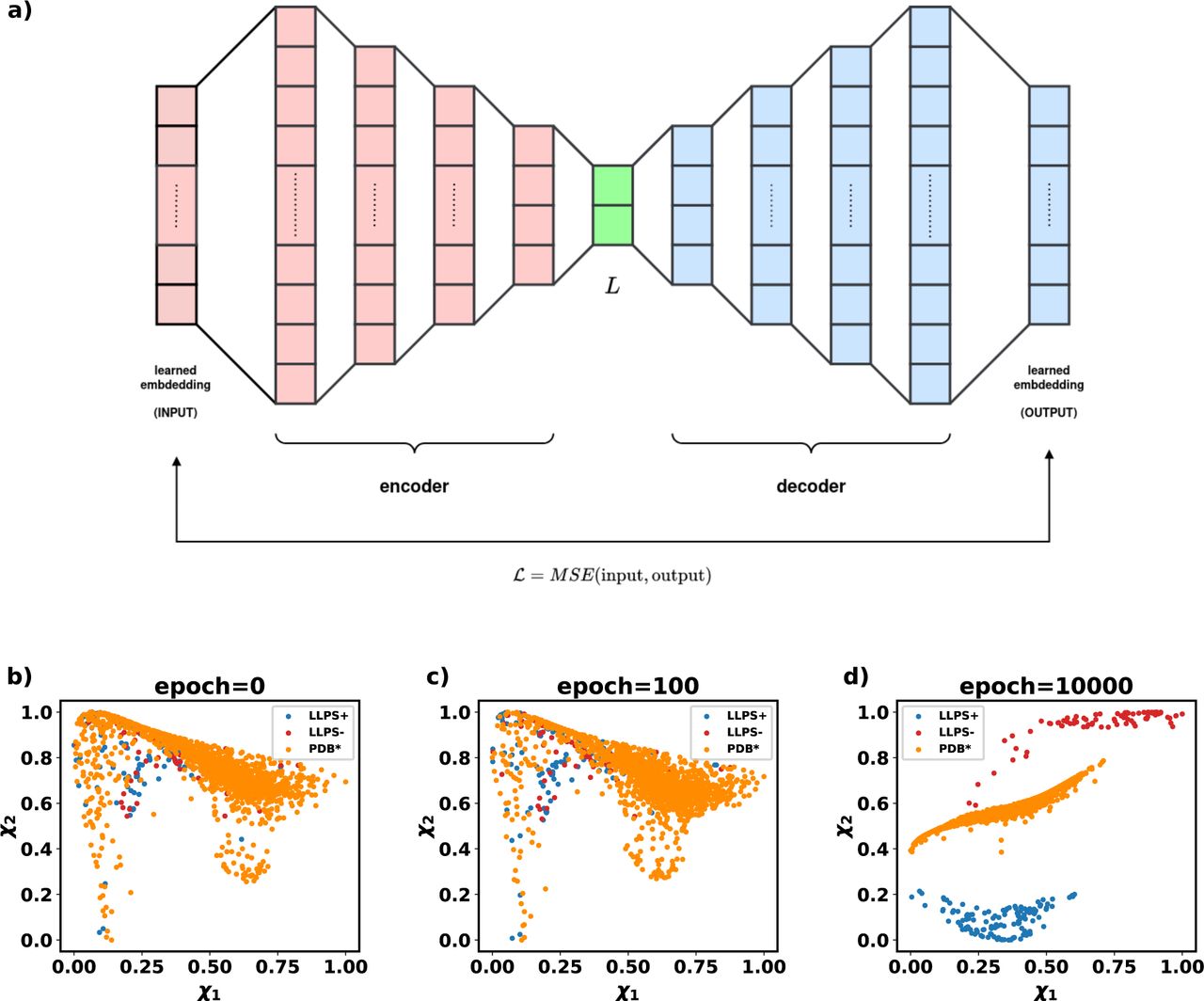
Open Science Essentials in 2 Minutes, Part 4
Prior to the publication of a research article in a journal, you have the option to make it accessible for free to anyone interested. You might choose to do this on your personal website, or alternatively, you can utilize a preprint server, like psyarxiv.com, which allows other researchers to share their own preprints as well, supported by the OSF, ensuring its availability for an extended period, and facilitating the discovery of other researchers’ work.
Although preprint servers have a long history in physics, their use is becoming increasingly widespread in other academic fields. Preprints facilitate the swift distribution of your research, which is particularly crucial for early career scholars. Preprints are citable, and indexing platforms like Google Scholar will link your preprint citations with your final journal publication record.
Additionally, preprints allow for the review of work (and identification of mistakes) prior to final publication.
What occurs when my paper is published?
Your research remains accessible in its preprint version, meaning it exists in a non-paywalled format allowing for broader readership and citation. If you upload a manuscript version after it has been accepted for publication, this is referred to as a post-print.
What about copyright?
Generally, journals possess the formatted, typeset edition of your published manuscript. This restriction is why you often cannot upload the PDF to your own website or a preprint server, but you are free to upload a version with identical text (the formatting may differ, but the content remains the same).
Will journals reject my paper if it’s already “published” through a preprint?
Most journals permit, or even promote preprints. A shrinking minority do not. If desired, you can look up specific journal policies here.
Will I be scooped?
Preprints enable you to timestamp your work before publication, serving to assert priority over your findings, which protects against being scooped. However, if you’re involved in a project where you prefer to keep your work confidential until published, preprints might not be appropriate.
When is the right time to upload a preprint?
Upload a preprint upon submission to a journal, as well as for each subsequent submission and upon acceptance (turning it into a postprint).
What prevents individuals from uploading low-quality work to a preprint server?
No explicit barriers exist to this, but as your reputation for conducting high-quality research is one of the most valuable assets for a scholar, I would advise against it.
Helpful links:
Part of a series: